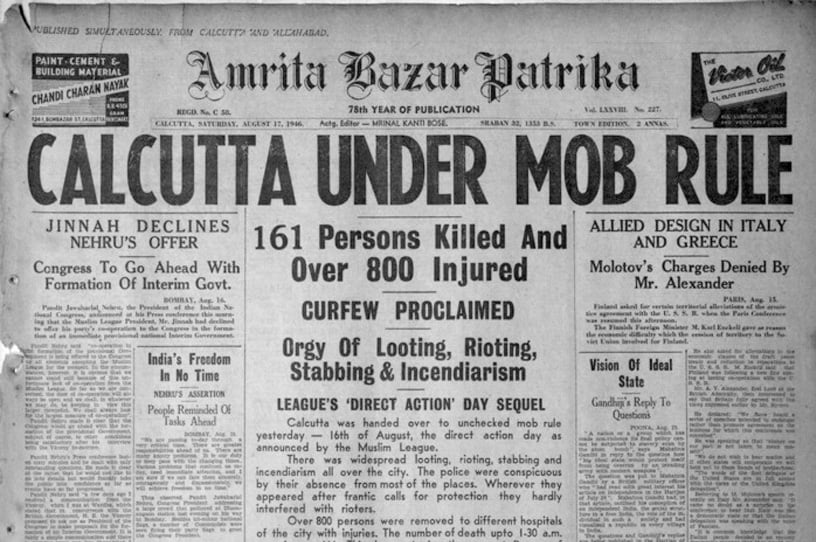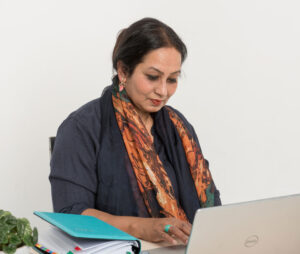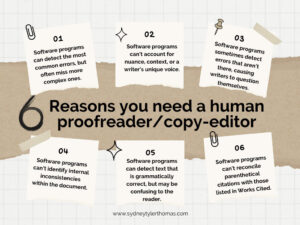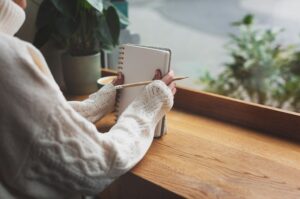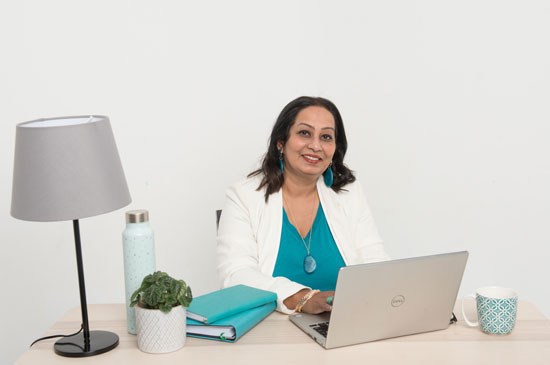I have been in Kolkata, India now for about two months. I had to come here at short notice, to look after my ailing father. It was winter when I arrived in early January. Cool and crisp but not unpleasantly cold. It was a relief after the 45 degrees Celsius days in Perth. But winters in this part of the world – Kolkata, in the eastern part of India – rarely last more than a few weeks.
Soon enough winter ebbed and the sun shone strong by 8am. Spring is barely noticeable as the city slides into stifling hot days. The Kolkata summers had begun. Hot and humid. Yet, I am loath to switch the air con on, because when you step outside the room, the blast of hot air that greets you seems like you have walked straight into a furnace. I’d rather just bear the stifling heat all day long.
Evenings are a bit better and we all hurry up to the terrace to get the cool breeze drifting in from the Bay of Bengal. Cool is only a relative term – its cooler than the sweltering afternoon snooze we had post lunch.
These days the situation in Ukraine affects all of us in some way. My parents are in their eighties and nineties and they reminisced about the war times they lived through. Similar atrocities had been heaved on unsuspecting families who just happened to be at the wrong place at the wrong time.
My mother still remembers the Bengal riots in 1946 when she was barely five years old. Communal riots that went down in history as the Great Calcutta Killings. She recalls people barging into their homes, taking babies and infants and killing them in front of their parents, destroying furniture and art work, raping anguished, screaming women and killing the men who tried to protect their women folk.
She has vivid memories of being smuggled into a police van with other family members and being scurried away in the middle of the night. Her brother – my uncle- was six weeks old. They had to smuggle him amongst a bundle of clothes. One of the older women in the family wrapped the infant in a shawl and held him close to her bosom, then covered herself in another shawl to escape the terrorists who might otherwise have snatched the infant and butchered him.
To this day, no one knows whether my uncle’s brain damage was because of lack of oxygen as she carried him smothered in her clothes for the next few hours. They were just glad he lived.
There is so much more to this story.
As we sat on the terrace, my parents talked about those years. Things that they had lived through. Things we wouldn’t even begin to understand or relate to today. But these are stories that happened and shaped these human beings.
This is the cultural DNA that they pass on to us. If we don’t record these stories, they will be lost forever. So I have decided that my next project is going to be capturing the memoirs of our family. It will not be an easy task tracing these stories – but it will be a fascinating journey and incredibly worthwhile.
Do you have such stories? Have you tried digging into your past?
Old people are not old – they are our wealth, a reservoir of riches and memories. They created this world we live in and it is up to us to carry forward these stories…

